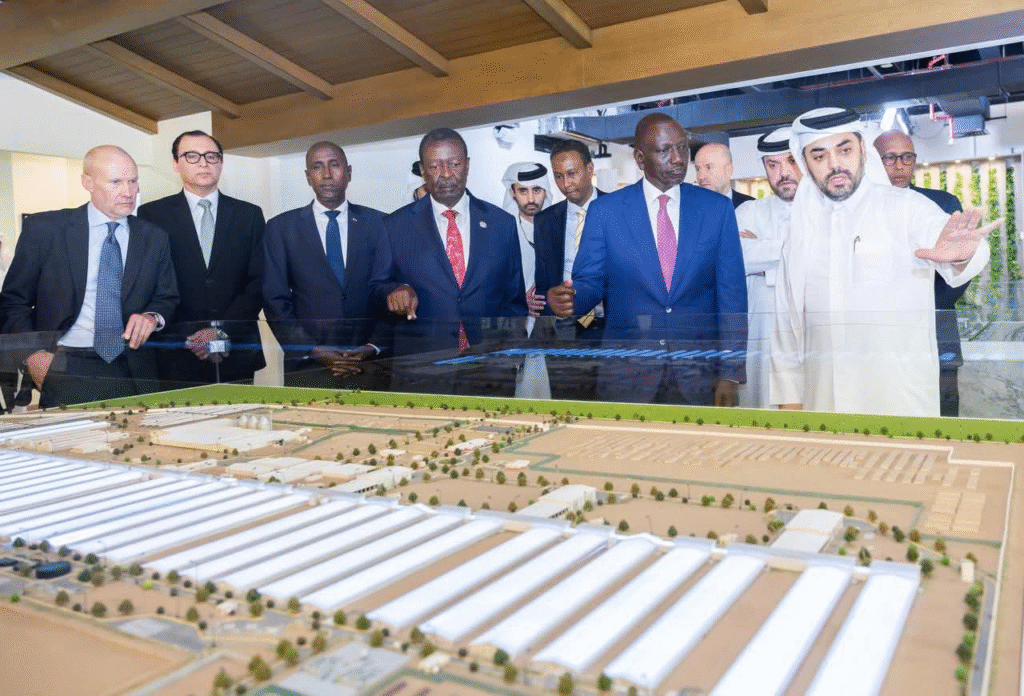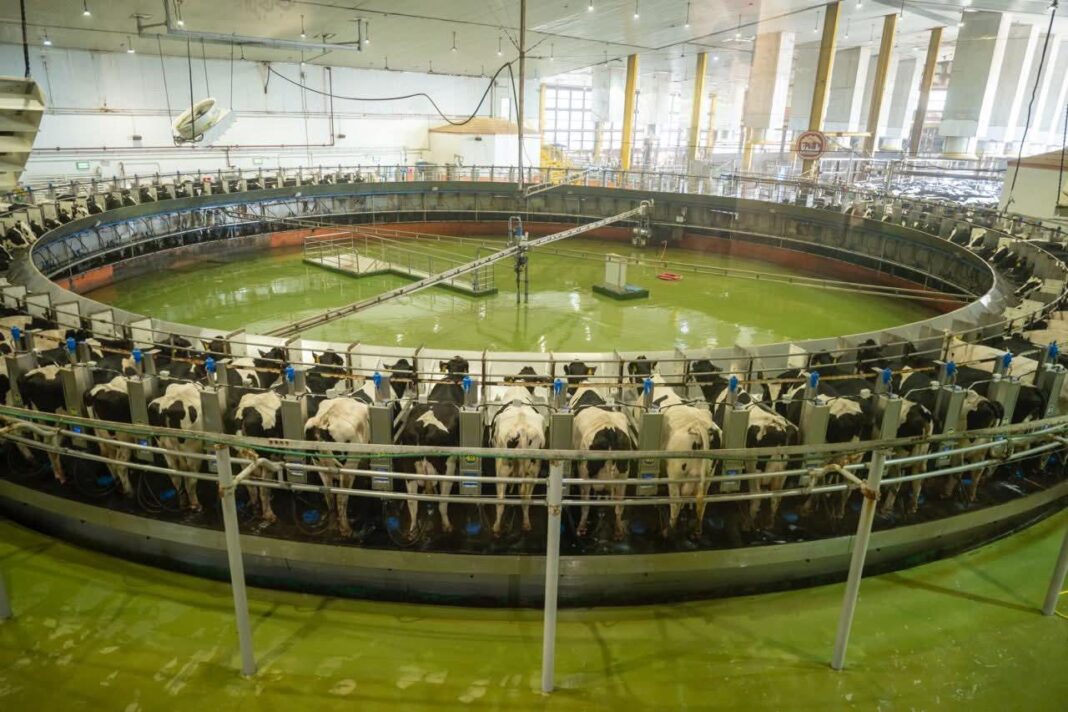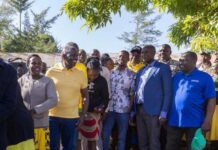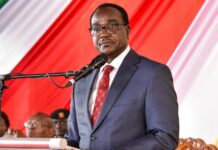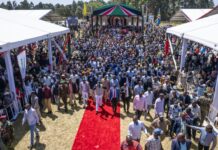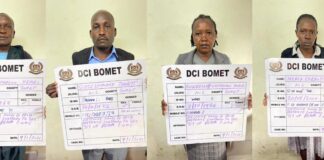When President William Ruto stepped into Baladna’s sprawling 600-acre farm outside Doha this week, it was a glimpse into how innovation, resilience and smart investment can transform a barren desert into a global agricultural powerhouse.
Baladna, now Qatar’s largest dairy producer, is home to about 24,000 cows and churns out roughly 800,000 litres of milk a day. The company began in 2014 as a small sheep and goat farm, but its story took a dramatic turn in 2017 when a diplomatic blockade cut Qatar off from its main dairy suppliers.
Faced with an urgent need for food security, Baladna pivoted fast. Within months, it airlifted 4,000 cows from Europe and the United States, built modern barns in the desert, and began producing cow’s milk.
By the end of that year, fresh milk bearing the Baladna label filled supermarket shelves across Qatar. By 2019, the company was meeting nearly all of the country’s dairy needs and had started exporting to international markets.

Founded by brothers Moutaz and Ramez Al-Khayyat, Baladna became a symbol of national resilience and agricultural innovation.
President Ruto, accompanied by senior Qatari officials, described the farm as a model for what Africa’s dairy sector could become. “This is what modern farming can achieve when innovation meets determination,” he said.
Baladna, a subsidiary of Power International Holding, has since announced plans to invest in Kenya’s dairy industry and the wider East African region. The venture would focus on boosting milk production, supporting smallholder farmers and promoting sustainable practices.
For Kenya, the partnership could bring not only jobs and investment but also a chance to apply the lessons of Baladna’s desert miracle to African soil.
